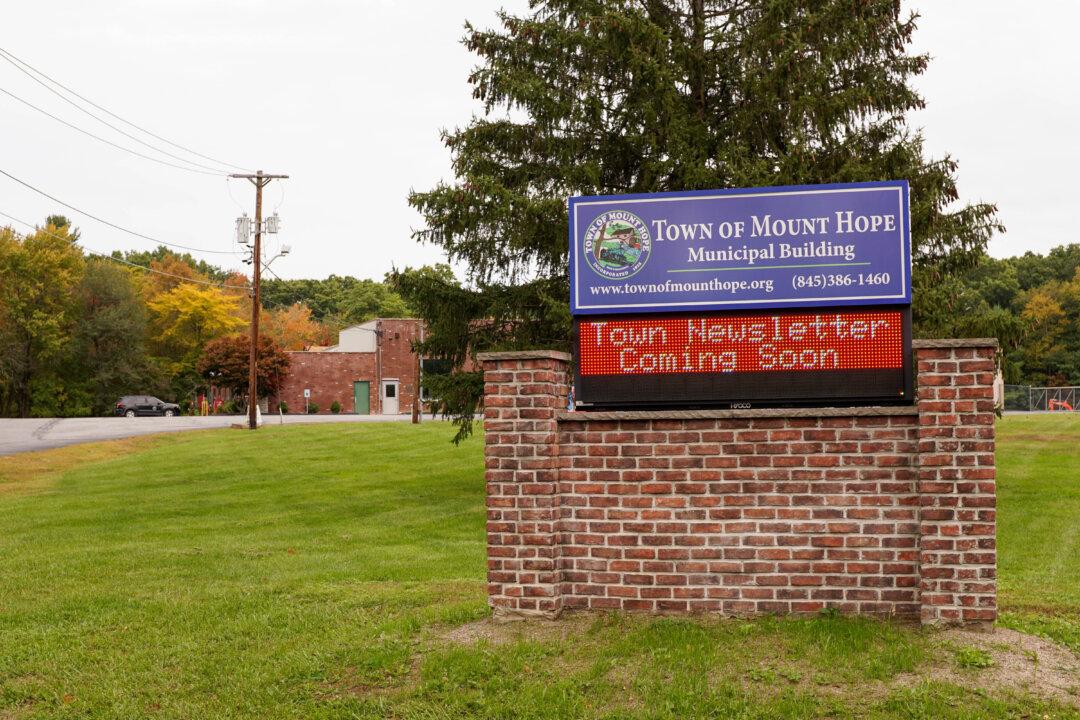One of Paul Rickard’s first moves as Mount Hope town supervisor was to find out why a so-called state-of-the-art sewer plant serving the Hidden Valley development wasn’t working correctly.
About a hundred families live in that community, and they are still making payments to a decade-old, $1 million-plus loan for the advanced sewer system.





